The Automotive Launch Control System Market is an essential segment within the broader automotive technology landscape, significant for enhancing vehicle performance, particularly in terms of acceleration and control during launch scenarios.
The market is characterized by the integration of advanced technologies aimed at improving vehicle handling, optimizing power delivery, and enhancing driver experience.
As competition in the automotive sector heats up, manufacturers are increasingly prioritizing the development and adaptation of sophisticated launch control systems, which leverage sensor technology and advanced algorithms to maximize performance.
The competitive dynamics are shaped by innovations in materials, engineering capabilities, and partnerships within the industry, driving the growth and adoption of these systems across various vehicle platforms.
Magna International has firmly established itself as a prominent player in the Automotive Launch Control System Market, bringing a robust portfolio of advanced technology solutions to the table. The company's strengths lie in its impressive engineering capabilities, extensive manufacturing footprint, and a strong commitment to innovation.
Magna International effectively combines its expertise in various automotive sectors, allowing it to deliver tailor-made launch control systems that meet specific performance criteria. This adaptability is bolstered by the company's well-formed partnerships with leading automotive manufacturers, facilitating the integration of launch control functionalities into a diverse range of vehicle models.
Additionally, Magna's focus on sustainability and efficiency complements its product offerings, making it a preferred choice among automotive brands looking to enhance their performance vehicles.
Aisin Seiki, with its roots in advanced automotive component manufacturing, holds a significant position in the Automotive Launch Control System Market.
The company is recognized for its pioneering innovations and dedication to quality, allowing it to carve a niche for itself in the launch control domain. Aisin Seiki's strengths are anchored in its in-depth research and development capabilities, particularly in the pursuit of maximizing vehicle traction and stability during launch processes.
The firm's commitment to technological advancements has led to the creation of sophisticated control software and hardware solutions that cater to modern vehicle dynamics.
Furthermore, Aisin Seiki's strategic collaborations with automotive manufacturers enhance its product reach, providing integrated systems that not only improve performance but also align with evolving consumer preferences for enhanced driving experiences.
The company's solid reputation for reliability ensures that it remains a competitive force in the evolution of launch control technologies in the automotive sector.


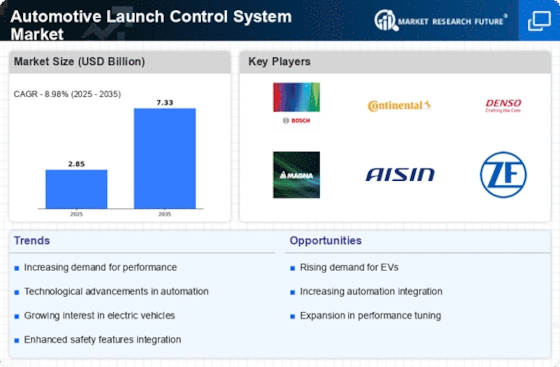
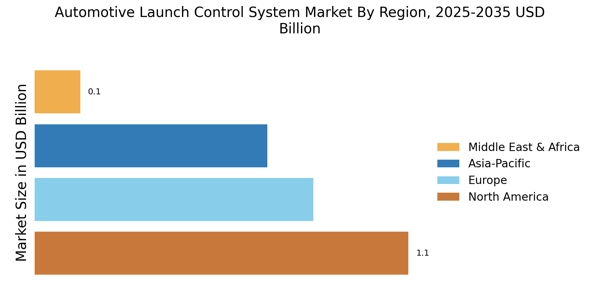
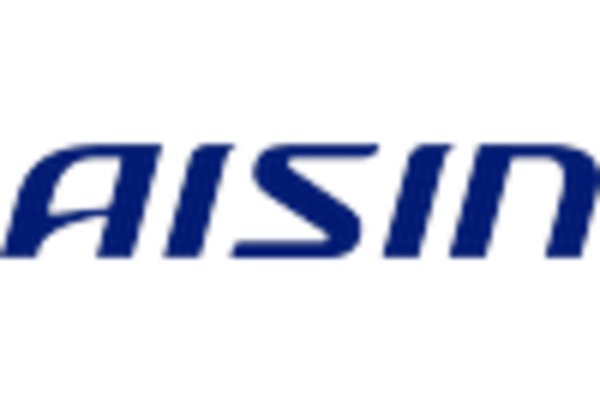



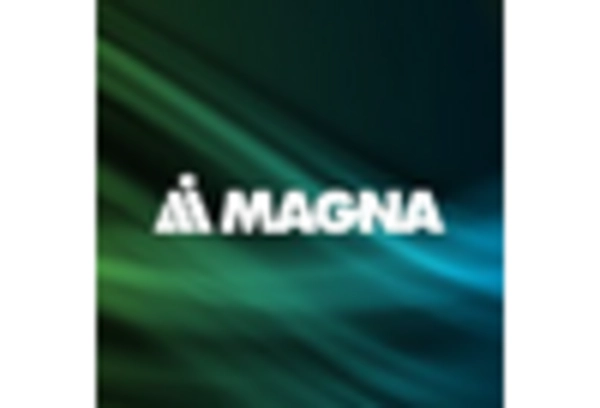
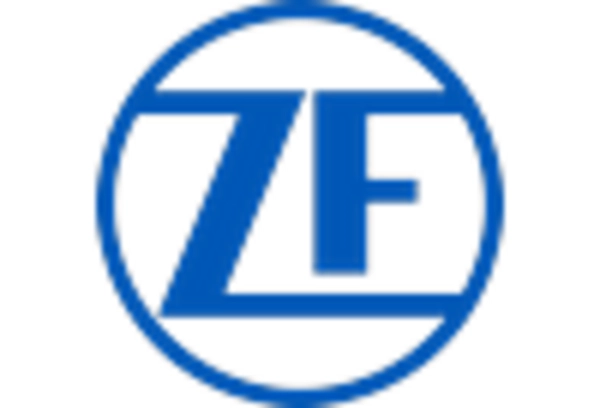








Leave a Comment